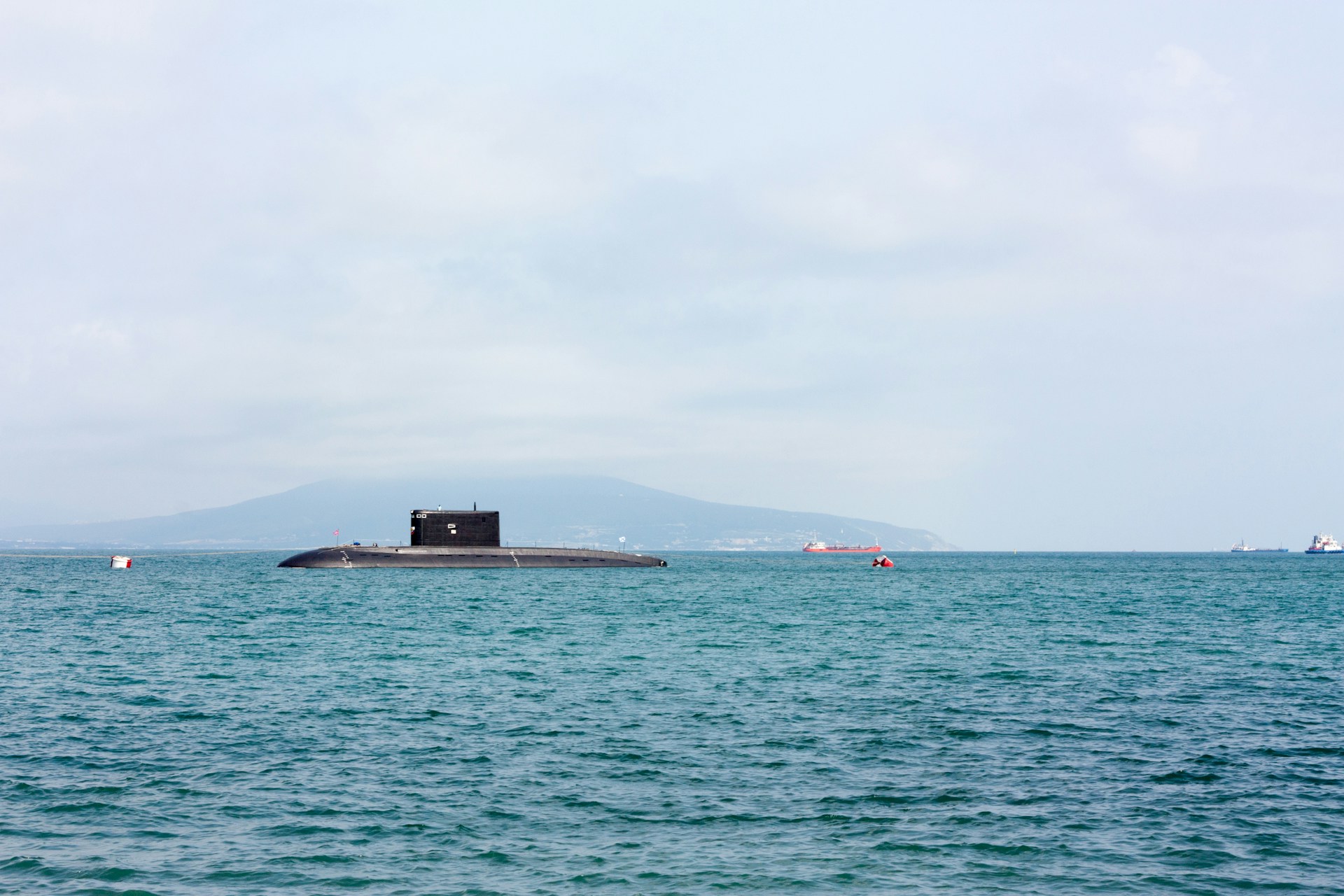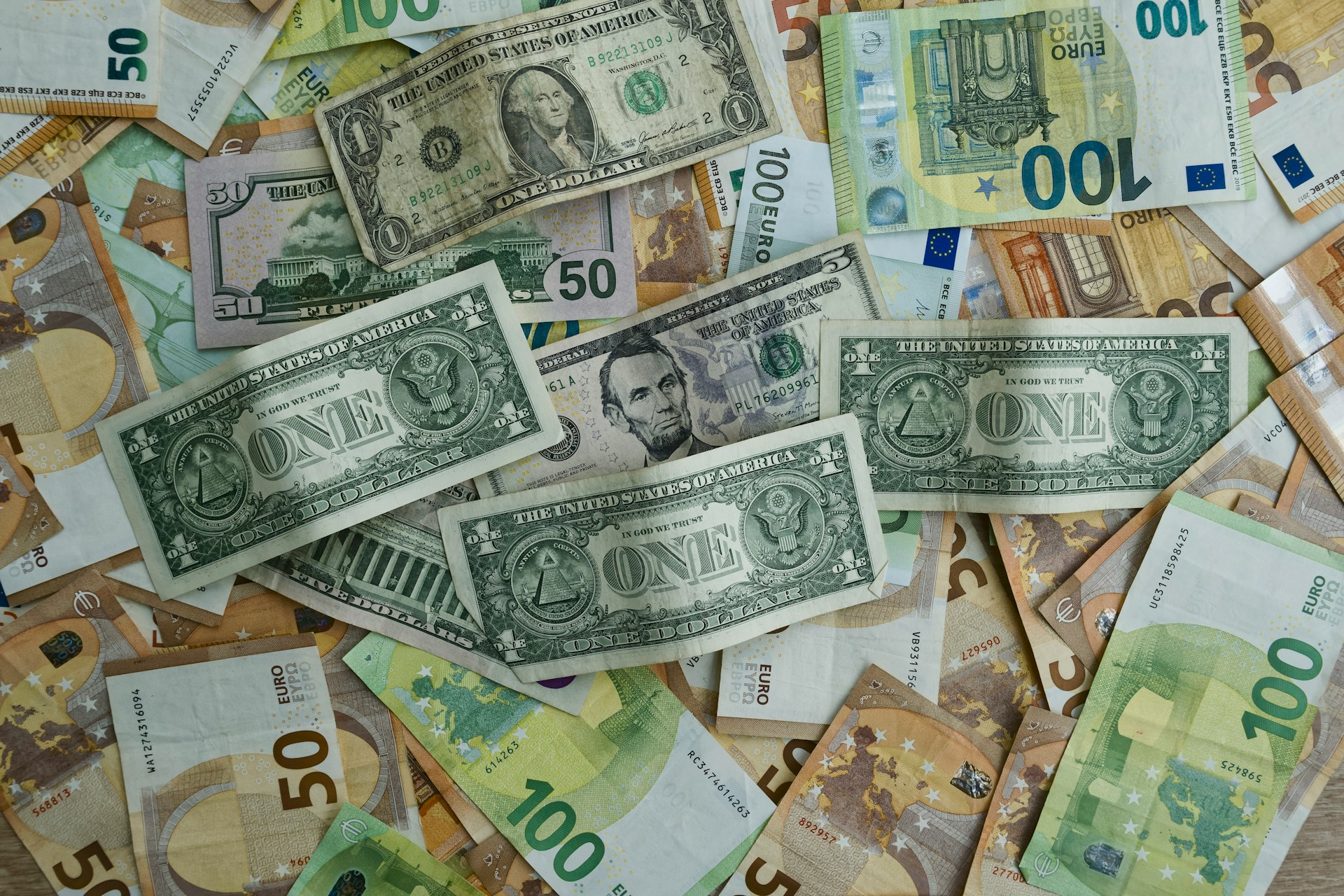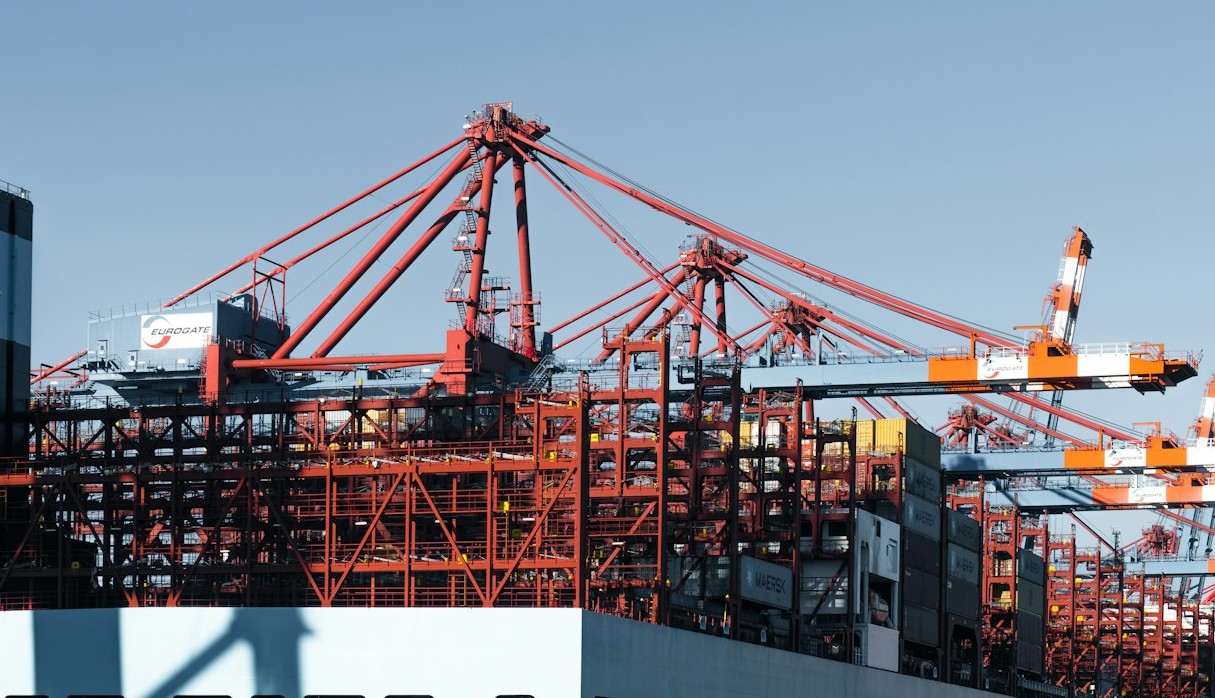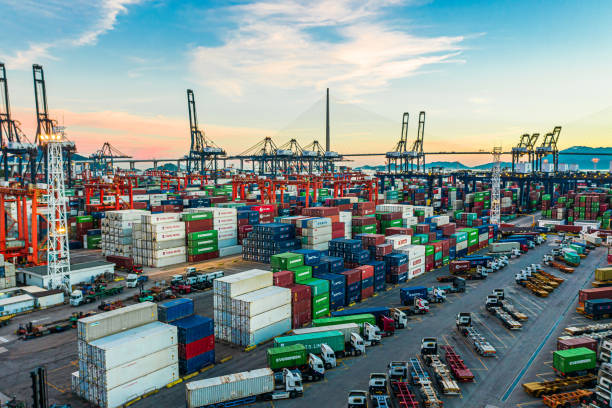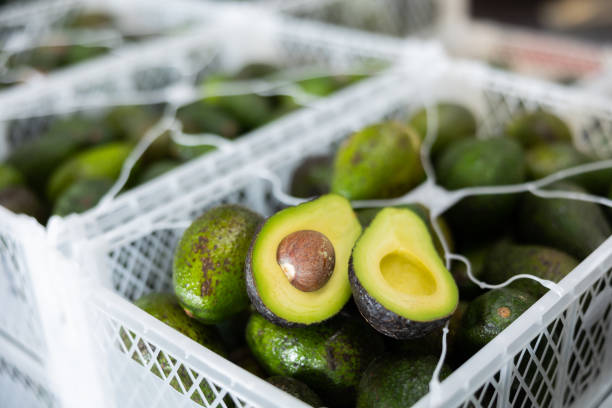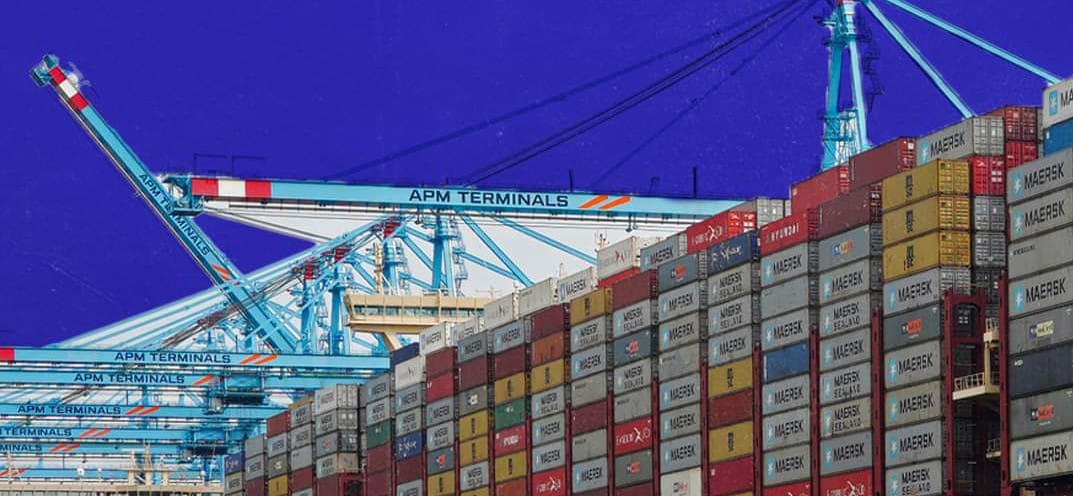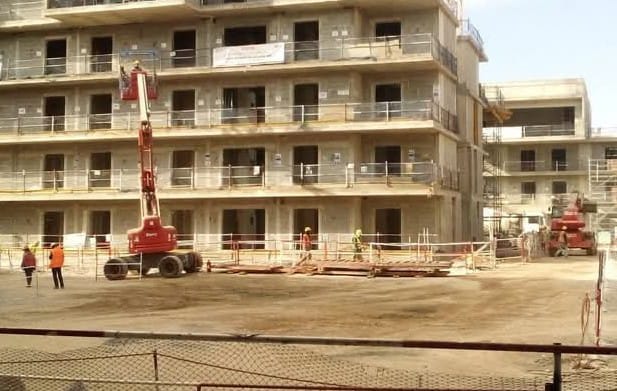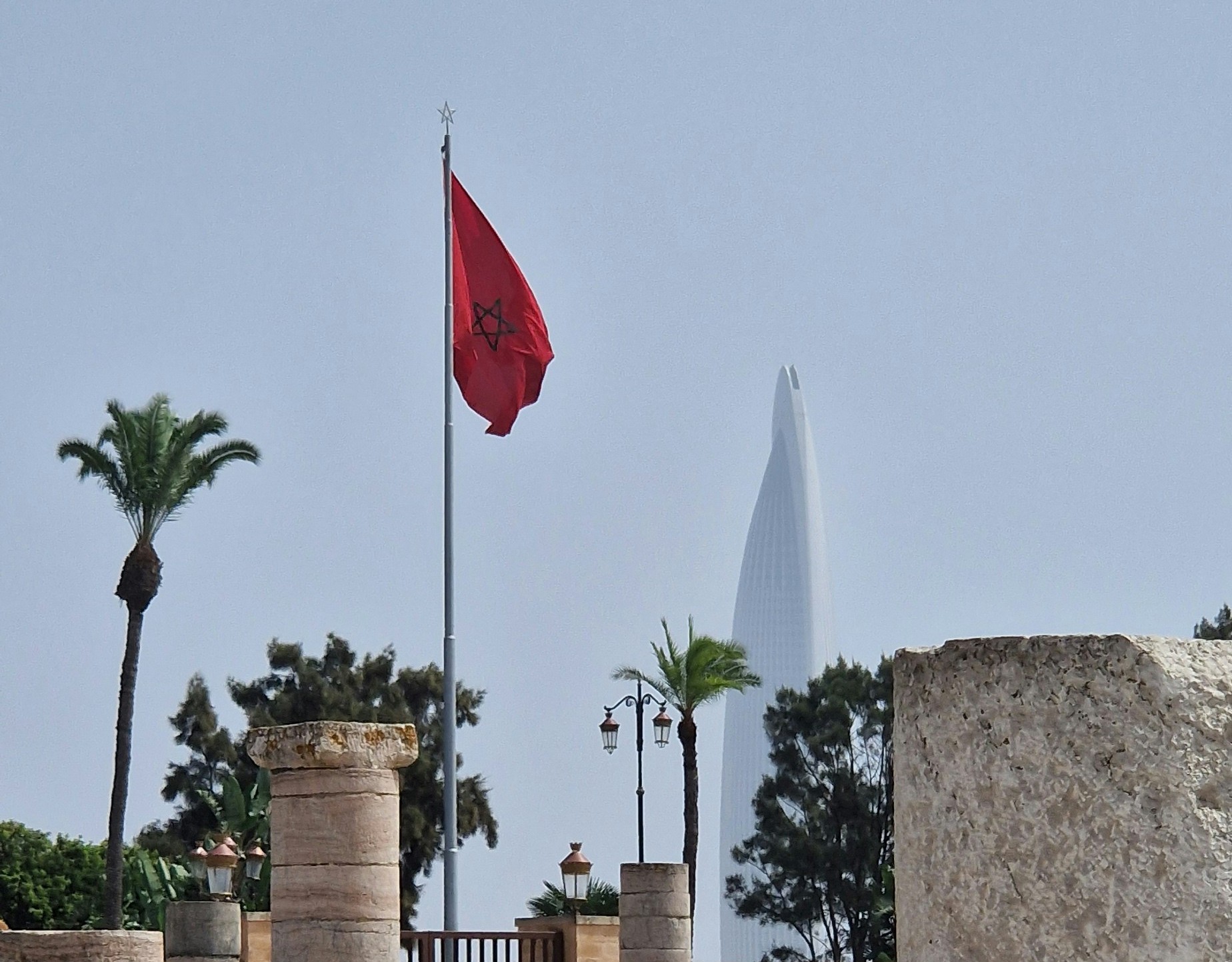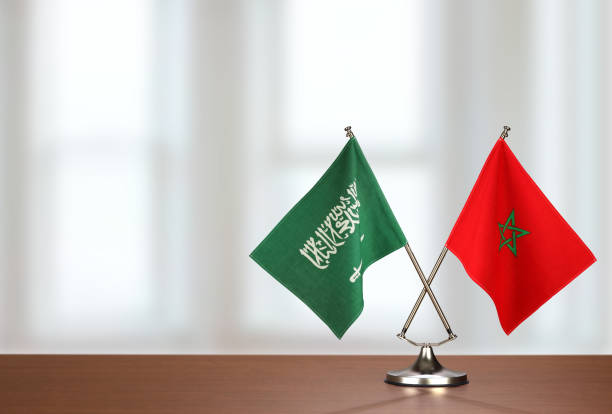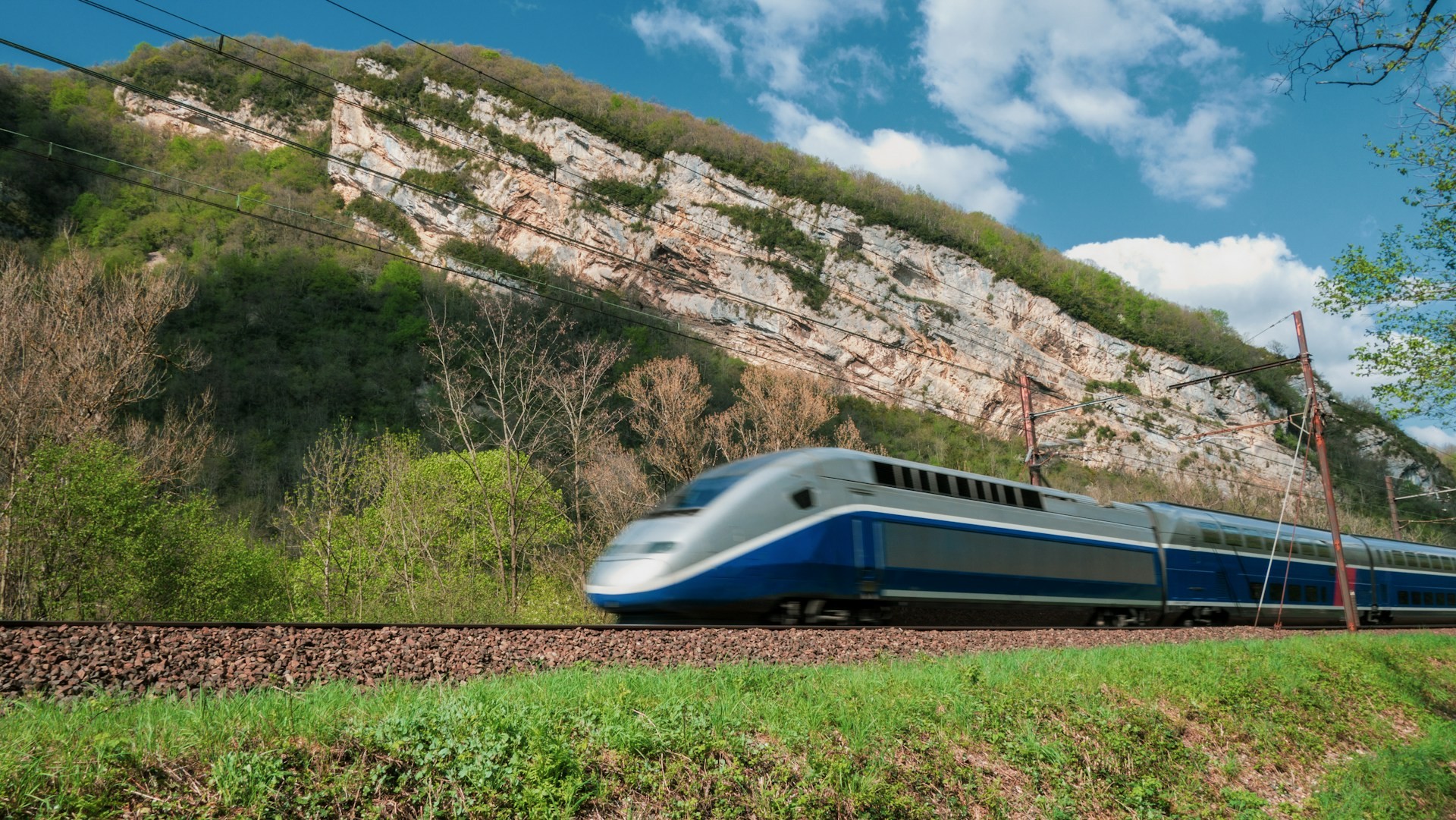Casablanca- In a recent report, the African Development Bank (AfDB) provides a comprehensive analysis of Morocco’s economic prospects for the years 2024 and 2025. According to the report, Morocco is anticipated to witness a moderate uptick in economic growth, with real gross domestic product (GDP) projected to increase by 3.5% in 2024 and further by 3.9% in 2025. While these figures indicate a positive trajectory for the Moroccan economy, they also suggest that the country’s growth rates might lag slightly behind the African average.
The report underscores the significance of prioritizing investments in human capital and pursuing a robust strategy for industrialization and diversification to bolster economic resilience. It highlights the persistent challenges faced by Morocco, including adverse weather conditions and macroeconomic issues, which are common across North African countries.
Despite the anticipated improvement in Morocco’s economic performance, it is expected to fall short of the growth rates witnessed in other African nations or even within its own region. The broader African continent is forecasted to achieve GDP growth rates of 3.8% in 2024 and 4.2% in 2025, while North Africa is expected to grow by 3.9% in 2024 and 4.1% in 2025.
The report sheds light on the socio-economic obstacles confronting North Africa, such as high rates of youth unemployment. Factors like unfavorable weather conditions, including droughts and floods, have exacerbated these challenges, posing hurdles to sustainable development.
Looking at regional dynamics, East Africa emerges as a key driver of economic growth on the continent, with GDP projected to expand by 5.1% in 2024 and further by 5.7% in 2025. Meanwhile, West Africa is also anticipated to experience growth, with rates expected to reach 4% in 2024 and 4.4% in 2025. However, uncertainties stemming from events like the withdrawal of certain countries from regional economic communities could potentially impact these growth projections.
Moreover, the report highlights inflationary pressures across the continent, attributed in part to geopolitical tensions and conflicts. Inflation rates have been on the rise in recent years, particularly in North Africa, posing challenges to economic stability and affordability.
For Morocco specifically, inflation is forecasted to average 4.6% between 2024 and 2025. Although this rate exceeds previous forecasts, Morocco remains among the countries with relatively lower inflation rates compared to others in the region.
The AfDB report emphasizes the importance of addressing socio-economic challenges and implementing strategies for sustainable economic growth in Morocco and across Africa. It underscores the need for continued investment in human capital, diversification of industries, and effective policy frameworks to ensure long-term prosperity and resilience in the face of global uncertainties.
